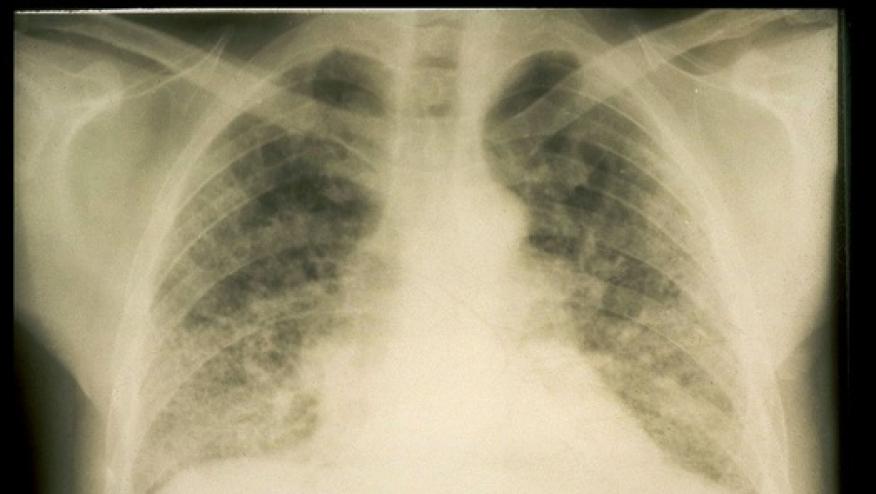JAK Inhibitor Potential in Systemic Sclerosis-Associated ILD Save

The occurrence of interstitial lung disease (ILD) in Systemic sclerosis portends serious morbid and mortal outcomes for those affected. This review examines the available clinical literature on the potential benefits and outcomes of JAK inhibitor use in SSc=ILD.
Overall the authors found data from three clinical studies and four case reports and progression of SSc-ILD with a total of 57 SSc-ILD patients, who were treated with standard doses of tofacitinib (5 mg bid) or baricitinib (4 mg qd). The primary indication for JAKi use was active skin or musculoskeletal disease.
When lung outcomes (ILD) were looked at 31/57 patients had ILD and all but one of these demonstrated stability,. Hence worsening of ILD was seen in just 2 of the 31 cases found in the literature (6.5%). While this report hardly mentioned skin effects of JAKi in SSc, other limited studies have suggested this potential. Lastly, there is some data to suggest that JAKi may also benefit those with pulmonary arterial hypertension (PAH).
Although the available data is sparse, there are promising results with regard to pulmonary outcomes. Whether JAK inhibitor have the potential to directly or indirecting inhibit the fibrotic process in SSc remains to be proven.










If you are a health practitioner, you may Login/Register to comment.
Due to the nature of these comment forums, only health practitioners are allowed to comment at this time.